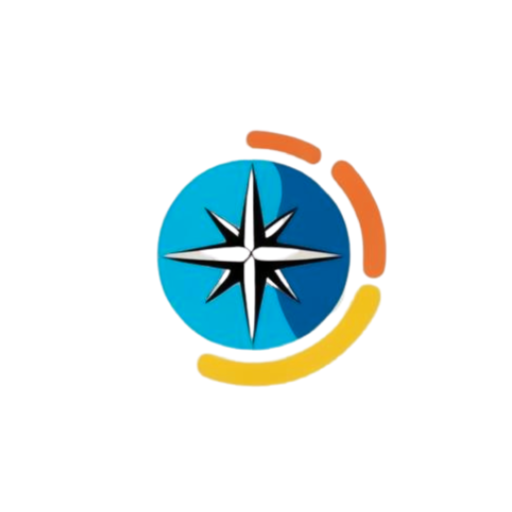Historical Timeline
17th century – Kingdom of Dahomey rises as a powerful state in the region, engaged in the transatlantic slave trade
1894 – French colonial rule established over the region, officially called French Dahomey
1960 – Independence from France (Saturday, August 1, 1960)
1972 – Military coup brings Mathieu Kérékou to power, establishing a Marxist regime
1990 – Transition to democracy (Friday, February 28, 1990): The National Conference of the Sovereign People leads to the adoption of a democratic constitution
2006 – First peaceful transfer of power from one elected president to another
2020 – Presidential election (Sunday, April 11, 2021) results in the re-election of President Patrice Talon
2020 – COVID-19 pandemic: Benin, like many countries, faced economic and healthcare challenges due to the pandemic
General Information
Continent: Africa (West Africa)
Location: West Africa, bordered by Togo to the west, Nigeria to the east, Burkina Faso and Niger to the north, and the Gulf of Guinea to the south
Capital: Porto-Novo (official), Cotonou (economic capital)
Language: French (official), Fon, Yoruba, and various other indigenous languages
Currency: West African CFA Franc (XOF)
Population: ~13.5 million (last updated: April 2025)
Time Zone: West Africa Time (WAT, UTC+1)
Topography
Borders: Togo, Nigeria, Burkina Faso, Niger
Coastline: Gulf of Guinea
Landscape: Coastal plains, savannah in the north, forests in the south
Major Rivers: Ouémé, Mono
Notable Features: Pendjari National Park, W National Park, Lake Nokoué
Demography
Ethnic Groups: Fon, Yoruba, Bariba, and various smaller ethnic groups
Religion: Christianity (27%), Islam (24%), Vodun (26%), indigenous beliefs (23%)
Urban Population: ~47% (last updated: 2023)
Population Notes: Benin has a rich cultural heritage, with strong influences from traditional African religions, especially Vodun
Culture
Famous For: Vodun (Voodoo) culture, music (Afrobeat), traditional arts, and historic slave trade ports
Cuisine: Porridge, maize-based dishes, yams, beans, grilled fish, and meats
Arts: Traditional masks, sculptures, music, dance
Sports: Football (soccer), athletics, handball
Economy
Economy Type: Mixed, with agriculture, services, and industry
GDP: Approx. $15.7 billion USD (last updated: 2024)
Major Industries: Agriculture (cotton, cocoa, palm oil), textiles, manufacturing, trade
Key Exports: Cotton, palm oil, cashews, cocoa
Unemployment Rate: ~2.4% (last updated: 2024)
Economic Regions: Cotonou is the economic capital, with a large port and bustling market activity
Government
Government Type: Presidential republic
Head of State: President Patrice Talon (last updated: April 2025)
Head of Government: Prime Minister Lionel Zinsou (last updated: April 2025)
Legislature: Unicameral National Assembly
Constitution: In effect since 1990
Travel Attractions
Ouidah: A historical town with a major slave trade port and significant Vodun history
Pendjari National Park: A UNESCO World Heritage Site, known for its wildlife
Cotonou: A major economic hub and port, with vibrant markets
Ganvie: A stilt village on Lake Nokoué, also known as the “Venice of Africa”
UNESCO World Heritage Sites: 1 (last updated: 2023)
